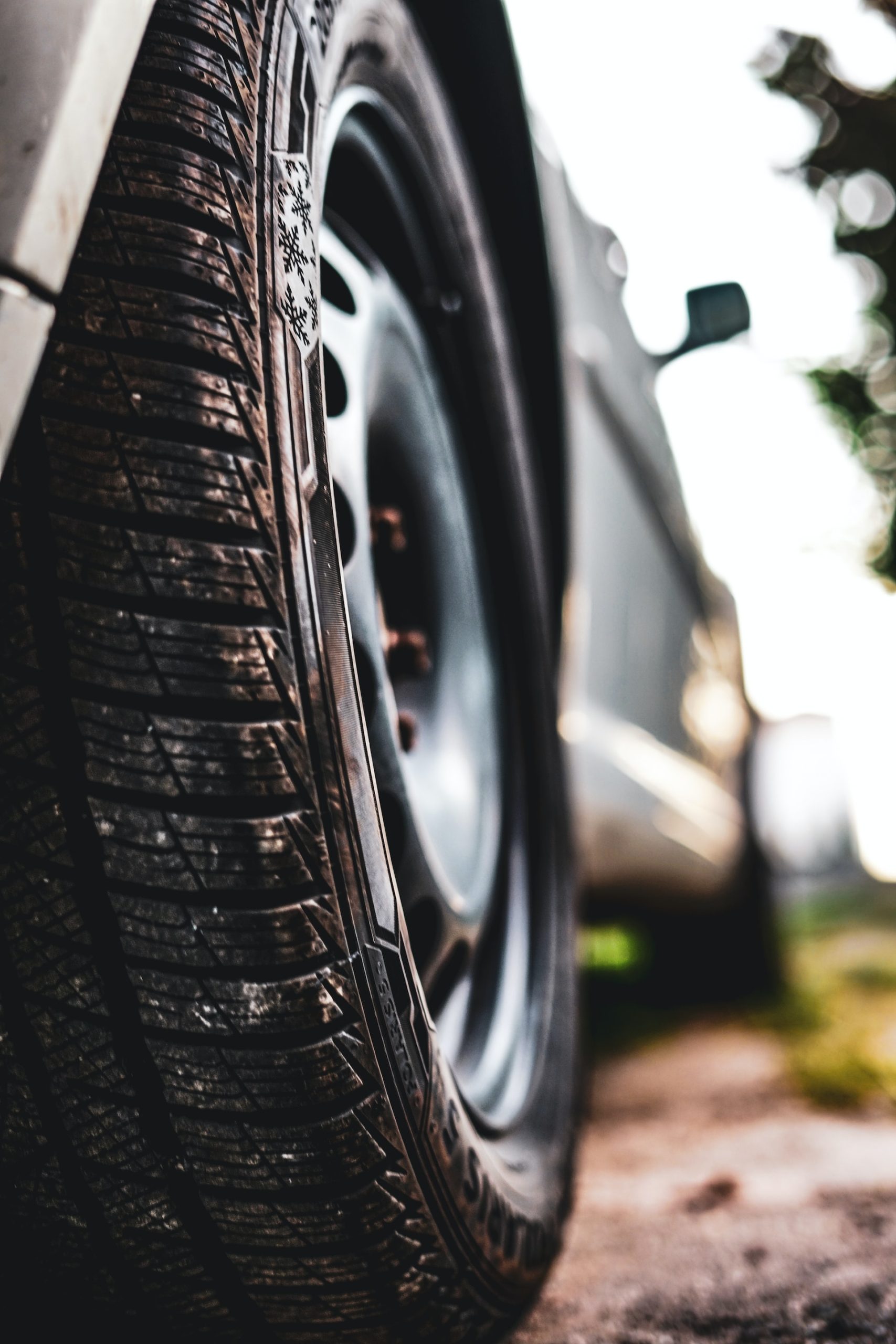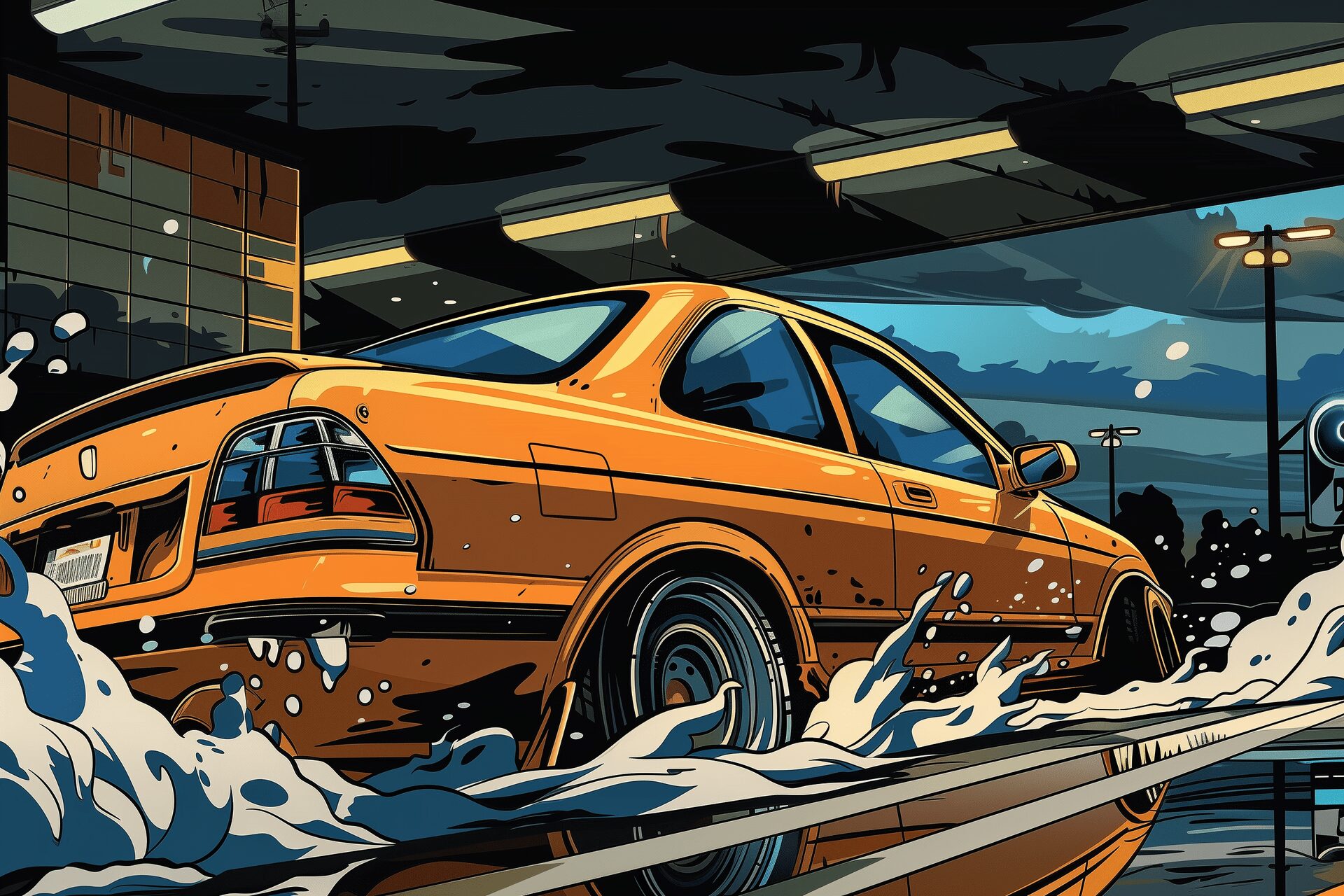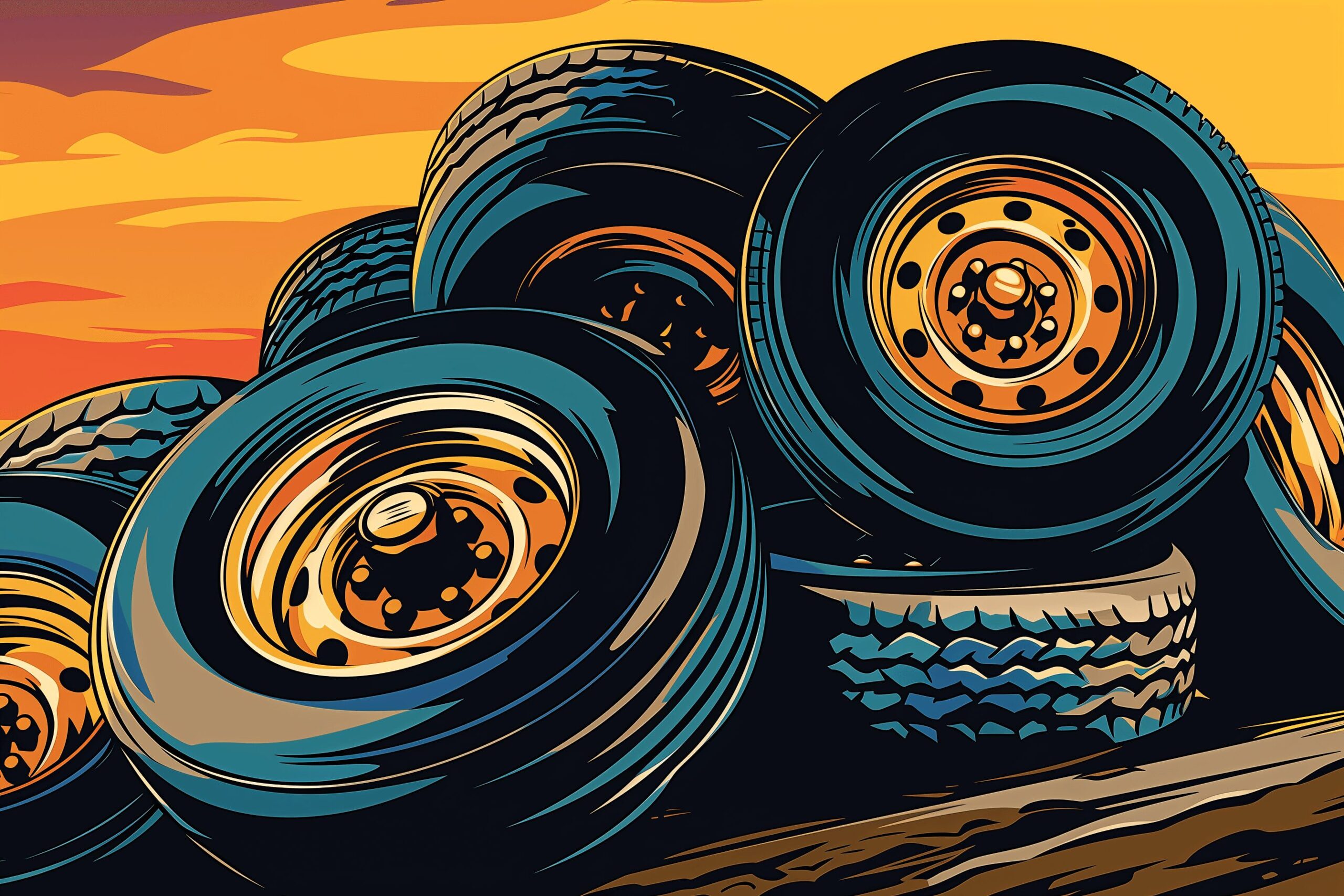Common Tire Blowout Causes
Mar 23, 2023

As an Amazon Associate, Modded gets commissions for purchases made through links in this post.
Tire blowouts can be scary, mainly because they seem to come out of nowhere. A blowout can occur for many reasons and differ from a flat tire. A tire blowout can cause noise and a shift in your vehicle that can be unsettling. Here are some common tire blowout causes, what to do when you have a blowout and how to avoid them.
Tire Blowout Common Causes
Tire blowout causes can range from the uneven tread on your tires to hitting a curb and causing a puncture in your tire. Let’s explore the common causes of a tire blowout and the maintenance to perform to avoid them.
Uneven Tread
Uneven tread on your tires occurs from everyday wear and tear while driving. To remedy uneven tread on your tires, you want to ensure that you get your tires rotated and aligned regularly. Not prioritizing tire maintenance in your vehicle increases the risk of accidents, such as tire blowouts.
Tire Pressure
You want to ensure that your tires always remain at optimal inflation levels. When your air pressure is too low, it can cause the internal components of your tires to flex beyond their limits. Your car manufacturer will likely have a recommended PSI for your tires. If you’re ever in doubt, 30-32 PSI is the most common tire pressure. Look in the owner’s manual or your door jamb to find the recommended air pressure for your tires.
Excessive Weight
Overloading your car can cause excess pressure on your tires, which can cause them to blow. Each vehicle has weight restrictions that ensure the safety of the passengers and the overall vehicle. Too much weight causes stress for the tires, and they can’t keep up and perform as they should.
Tire Punctures
Hitting a curb is noticeable, but you can snag your tire on a nail and be none the wiser. The most minor discrepancy can cause your tire to deflate, putting you in danger of a blowout. Running over debris on the road you don’t see coming can cause slight damage. However, if you don’t properly maintain your tires, it can result in a total blowout that wreaks havoc on your tires and, ultimately, your safety.
Avoiding and Dealing With Blowouts
While blowouts are often out of your control, there are some things you can do to ensure your car is in optimal condition. That way, if a blowout happens, you’ll know what to do.
Check Your Tires
A good rule of thumb is to check your tires every time you get gas. This can ensure you spot any wear and tear that could cause an accident. You can check for nails or other debris you could have run over unknowingly or spot if your tires need inflating. Air them up if needed and ensure they are rotated regularly.
Stabilize the Vehicle
If you experience a blowout, you’ll want to try stabilizing the vehicle immediately. First, you’ll want to counter-steer gently to ensure your vehicle stays in the appropriate lane. You want to maintain pressure on the gas pedal, so your car preserves its momentum until it’s safe to pull over. You want to slow down carefully and slowly to ensure safety until you’re parked on the side of the road and turn on your hazard lights to avoid crashes.
Tire Blowout Causes and Concerns
Dealing with a tire blowout can be challenging to navigate if you’ve never experienced one before. Although having a tire blowout can be jarring, you want to ensure that you slow down as slowly as possible to avoid a collision in moving traffic. These tire blowout causes can help you take the necessary precautions to avoid dealing with a blowout and travel safely.





